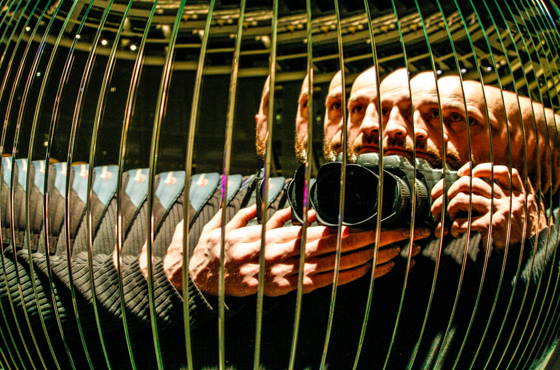Consideration for XXX Sunday in Ordinary Time, year C2
Self-confidence is a virtue, but it can also be a curse. In Luke’s Gospel, Jesus gives an example of the prayers of a Pharisee and a tax collector. One perfectly fills the letter of the Law, the other only begs for mercy. However, the Pharisee, and therefore the respected religious Jew – in contrast to the despised tax collector – begins to make a difference between himself and the rest: “I am not like those.” The tax collector only begs God for mercy for himself. Jesus will instruct: it is the tax collector who has been justified, not the Pharisee.
And yet the Pharisee is really not to be blamed for anything! One can confidently learn from him – I would certainly be able to – consistency in fasting and tithing (which then concerned one fifth of the property). But you can see that the third element is missing: fasting, almsgiving… and prayer. And it’s not like a Pharisee doesn’t pray!
Why then does Jesus turn everything upside down? Why does not the tax collector, a man oppressing people, justify (“the humiliating himself will be exalted”), and who zealously performs religious duties, including those aimed at helping others, does not justify (“who exalts himself will be humbled”).
Let’s see who the addressee of this parable is. In liturgical translation, the example is addressed to those who “trusted themselves to be righteous and despised others.” In the literal sense of the original text, it is referring to “relying on themselves to be righteous and having the rest for nothing.” This little adjustment makes the scales. Those who rely solely on themselves, what do they need other people for, what do they need God for? The answer is in the described prayer of the Pharisee.
A person will be so delighted with himself that he only looks for admirers in this delight. The more important an admirer is a person in a person’s life, the greater the satisfaction. For a religious man, God sometimes becomes such an admirer. And this is where the approach to the subtle border begins. God does love and shows His love. But at the same time, he never exceeds the limit of freedom set by us, which he gave us, and which we set before him closer or further. Man does it differently. He doesn’t care about freedom and uses the other side to meet his own needs. He does not build a relationship, he only looks for a mirror in which he will see himself. This is how he builds a cabinet of crooked mirrors out of his life. He will not see the truth in anyone’s eyes, because in everyone he wants to achieve something different.
The Pharisee was so focused on himself that he treated the tax collector and God in the same way – as a mirror. The customs officer needed the same thing as God – to feel good. Jesus puts things quite differently: truth and relationship count first, rituals and law then come as a way to truth and relationship. Saint Alphonsus Maria de Liguori juxtaposed two texts: “You do not despise, God, with a humble and contrite heart” (Ps 51:19) – these are words about the tax collector, and “God opposes the proud, but gives grace to the humble” (Jas 4 , 6) – concerning the Pharisee.
In prayer, before God, do not rely on yourself, do not wear peacock feathers, rely on God, especially rely on Him for yourself. It is He who will give you true confidence.

Sunday Considerations
Number of views:
13
